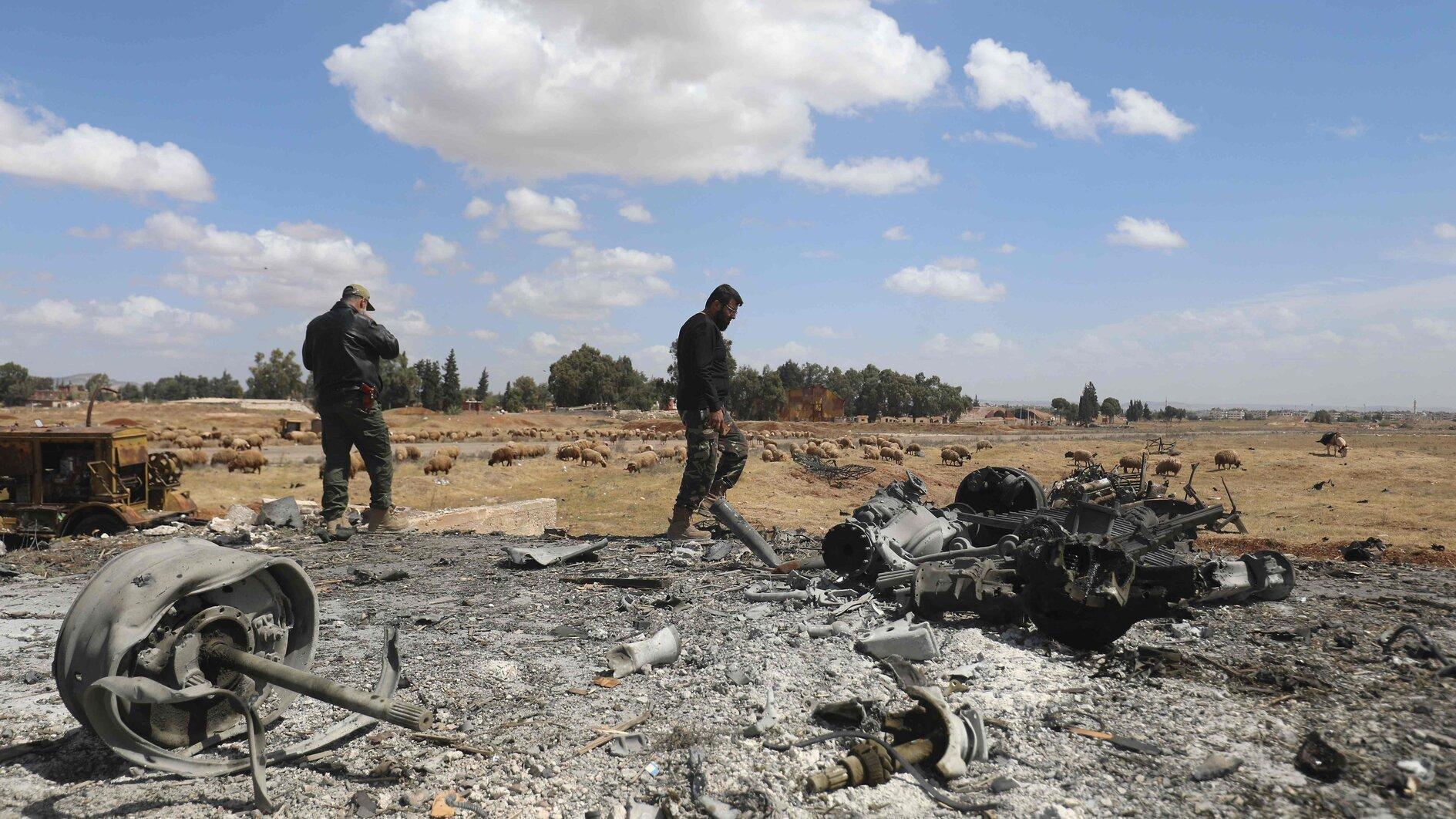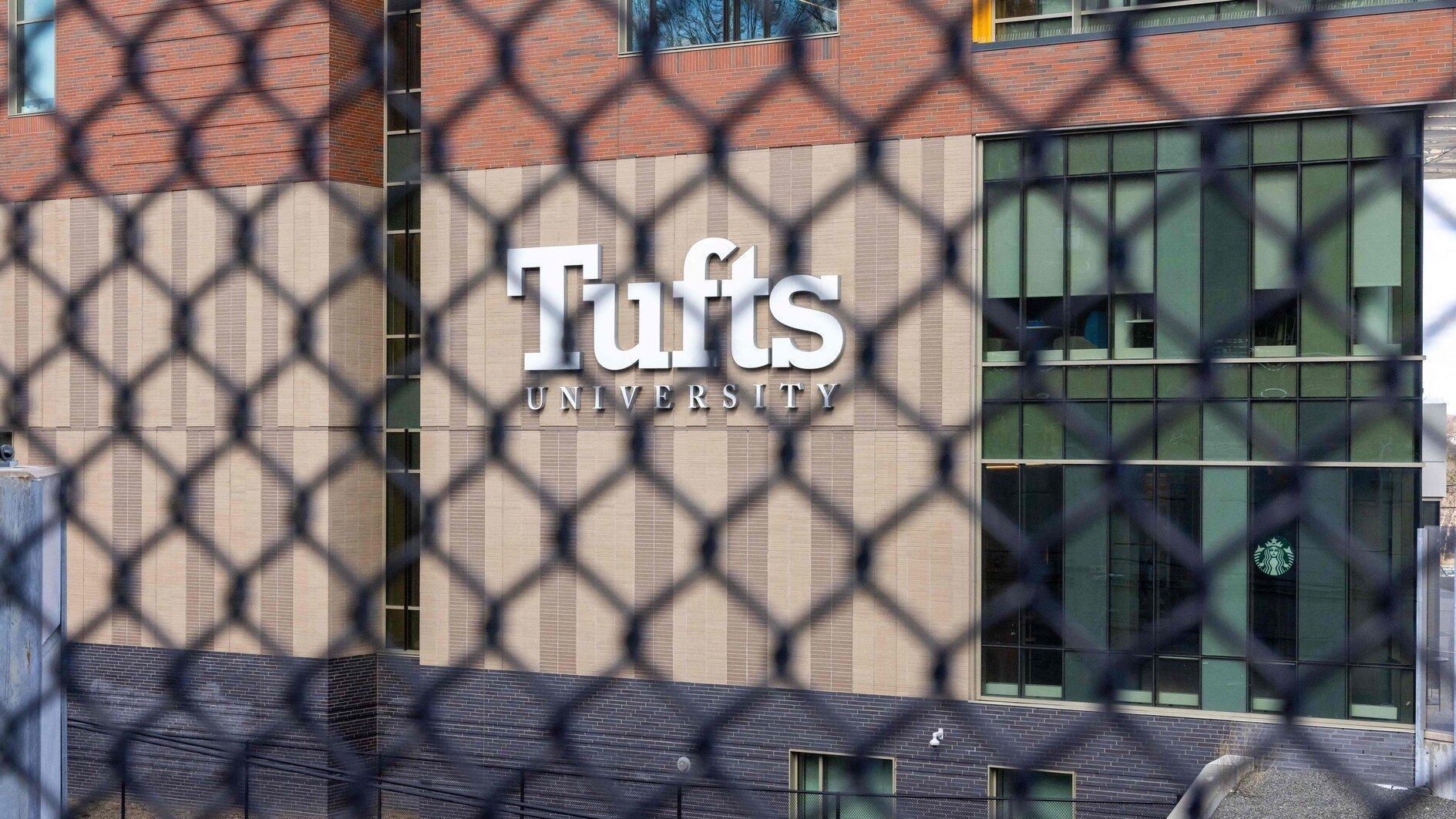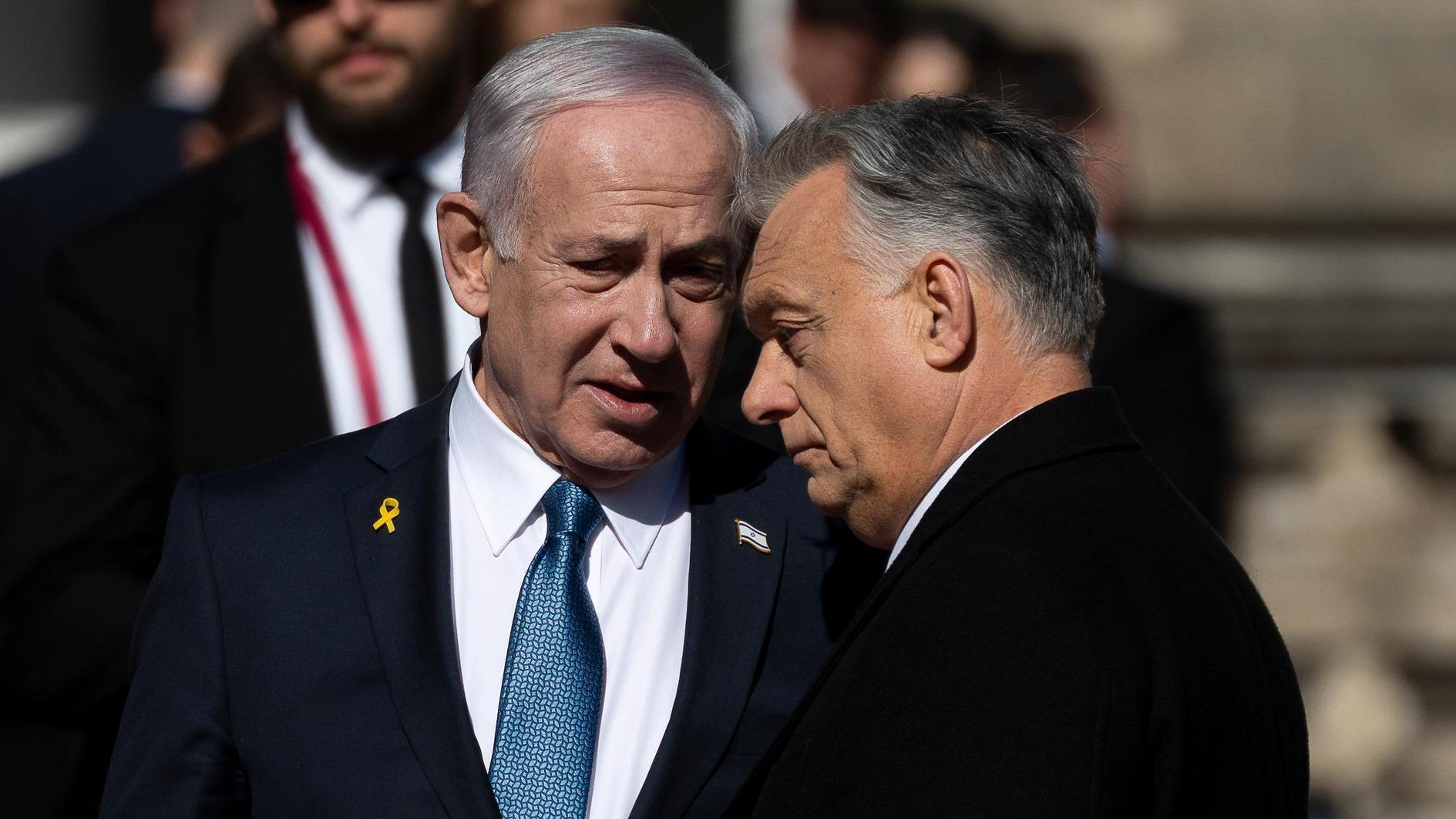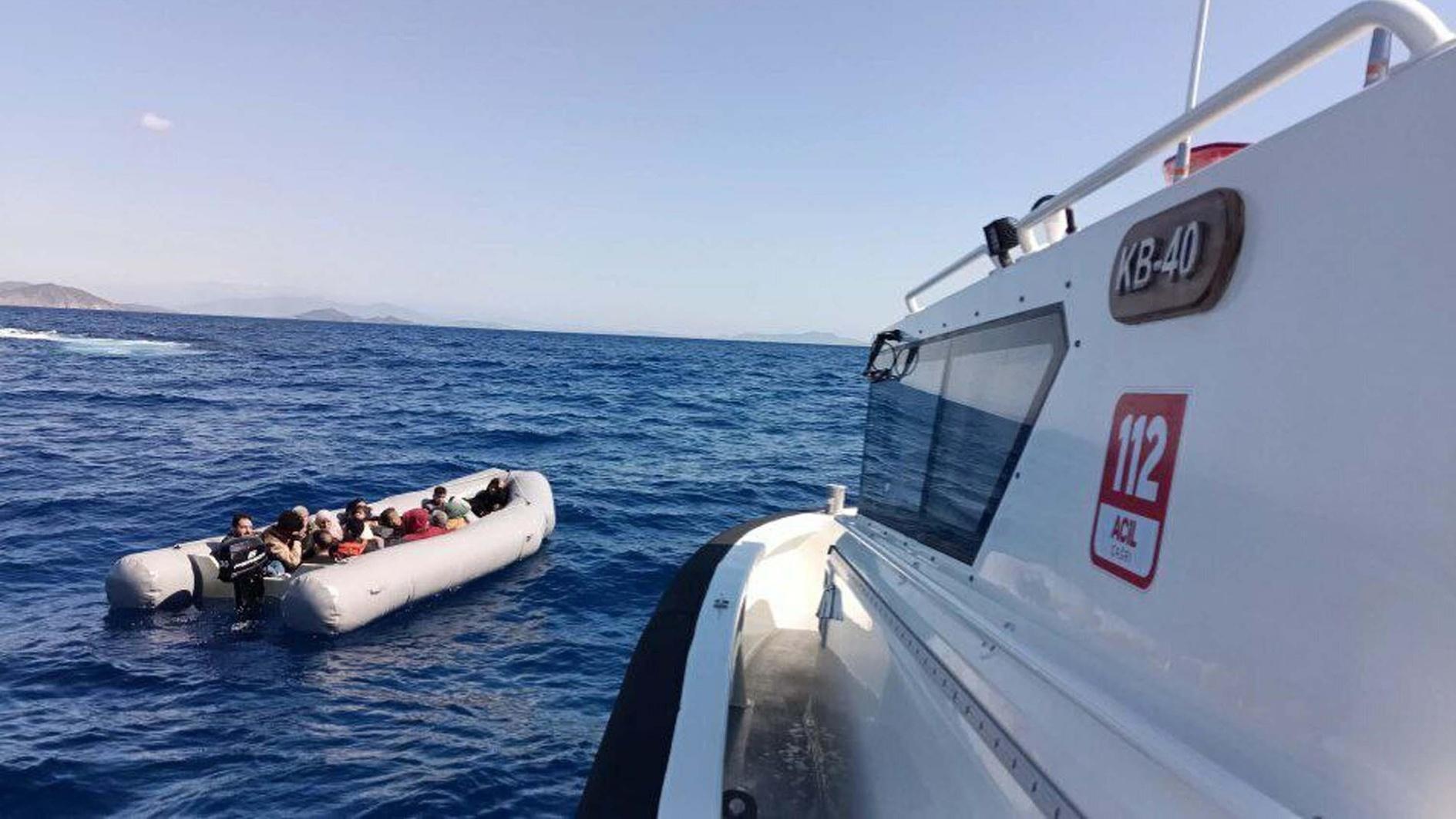State of emergency enables Turkish gov’t to rule ‘by decree without control mechanisms’
Barçın Yinanç - barcin.yinanc@hdn.com.tr
 Under Turkey’s recently declared state of emergency, the government will be able to rule by decree and without judicial control or opposition, lawyer Hüseyin Ersöz has told the Hürriyet Daily News.
Under Turkey’s recently declared state of emergency, the government will be able to rule by decree and without judicial control or opposition, lawyer Hüseyin Ersöz has told the Hürriyet Daily News. While government officials have said they aim to return to normality as soon as possible, the current decree opens the door to rights violations if implemented fully, said Ersöz.
“The rule of law is important, so that the guilty ones do not become the injured party in the future,” he added, speaking over a week after Turkey’s thwarted military coup attempt.
Turkey is now under a state of emergency. Tell us about what to expect.
The state of emergency is defined by the constitution. The most important factor is that it gives power to the cabinet, which meets under the president, to issue decrees by the power of law [KHK]. These emergency KHKs cannot be challenged by applying to the Constitutional Court and therefore cannot be annulled. This means they are devoid of judicial control. The only control mechanism over the state of emergency is parliament, but there the government holds a majority.
KHKs are effective in normal times but they cannot be used in order to limit fundamental rights and freedoms. In a state of emergency, a KHK can limit fundamental rights and political freedoms. Governors are given extra authority.
It seems at present that fair trial stands as the most critical issue.
In emergency conditions a broad interpretation is endorsed. What is crucial here is to abide by the law and to be in accordance with international treaties. When rights and freedoms are restricted there are still certain criteria to be respected, like using proportionate force, banning torture, and respecting the right to life and the principle of innocence until proven guilty. Currently, one of the fundamental problems is the fact that thousands have been detained so far.
In this respect, what is your evaluation of the KHK issued shortly after the declaration of emergency rule?
It is obvious that a four-day maximum detention period without charges would not be enough in a situation where thousands have been detained. But it is debatable whether there was a need to prolong the detention period to 30 days, as the government did. Spending 30 days in detention without knowing the evidence can harm the right to liberty. This period needs to be kept as short as possible and implemented in a way that should not exceed one week.
Measures like viewing defense documents, forcibly getting hold of them if necessary, and monitoring meetings between defendants and lawyers are unacceptable under normal circumstances. They could violate the right to defense and the right to a fair trial.
It is clear that operations throughout Turkey are being conducted against the coup and considerable effort is spent on catching the culprits. But there needs to be a balance. All measures should only be put into force when conditions absolutely require them; the implementation of the law should not be left to the discretion of prison authorities. There need to be control mechanisms.
What would you say about the closure of so many associations and foundations?
It seems that the government has approached the much of the issue from the point of view of financing terrorism. Here, too, sensitivity is required on pluralism and civil organizations. Financial assistance needs to be proven and measures must not harm property rights. The closure of some schools and universities, as well as the laying off of public officials, requires a sensitive balance too. There should not be any arbitrary treatment while the cases of such people are being considered. That is why the government needs to have checking mechanisms, which are not foreseen in the current KHK.
But isn’t the purpose of the KHK to avoid control mechanisms?
The government has the mission of controlling implementation. There are rights that cannot be touched, even under emergency rule. To protect the principle of innocent until proven guilty control mechanisms need to be implemented efficiently. The recent suspension of the European Convention on Human Rights does not eliminate Turkey’s commitments towards the European Union.
The fact that so many have been detained creates some question marks. There are concerns that many innocent people will also be swept up in this wave of purges.
From 2013 and 2014 there were certain processes concerning some of the people being detained. But as they did not hold concrete evidence that they were members of the “Fetullah Terror Organization,” there were no consequences. The elements of crime that came into being with the coup attempt provide the argument for mass suspensions. Each case needs to be evaluated separately. All practices that take place within the state of emergency need to abide by the law.
We cannot say the judicial mechanism functions properly in Turkey. You can never expect a judicial mechanism that does not function properly under normal times to function properly under extraordinary times. So I will not be surprised if we come across practices that deviate from the law. There was a coup attempt that needed to be stopped, but violence against soldiers and bruises seen on some of those under detention indicate to deviation from the law. Of course, the coup attempt has brought about certain dynamics. But if we don’t want to face certain trouble in the future, and if we really want those responsible of the coup to be punished, then they should not become the victim or the injured party. That’s why everything must take place according to the law.
The government has said the state of emergency has been declared to protect democracy. Isn’t this an oxymoron?
What is the aim of this message? Is the government addressing those who have not been involved in the coup, or is it addressing the whole of society? I am convinced that it is the former. But I also think the state of emergency will not deeply affect the whole of society. The government would not want that. Not all measures that are predicted will be implemented, in order to give the message that stability, as well as a social and political consensus, continue in the country. Some of the restrictions that come with emergency rule will not be reflected in the street.
The government wants a speedy resolution of all cases that have accumulated in the security forces and the judiciary, and to create the legal conditions in order to get rid of the criminal organization that is continuing its presence within the state.
Some of Erdoğan’s critics fear that he will use this opportunity to further intimidate all dissent in the country.
It is not realistic to say that the reason why the state of emergency has been declared is limited to the July 15 coup attempt. Turkey is also facing the terror of the Islamic State of Iraq and the Levant [ISIL], as well as the outlawed Kurdistan Workers’ Party (PKK).
According to emergency rule, no decisions taken by local administrations will go into force unless they are approved by the local governor. So I think the state of emergency is also related to the ongoing violence we see in the southeast, and its measures will also be used against the PKK. We do not yet see an indication that the implementation of the KHK will directly target all dissidents from exercising their right to opposition. Unfortunately, extraordinary conditions bring with them extraordinary practices that are difficult to monitor.
How can we talk about a fair trial when there is a huge operation going on within the judiciary? How can we trust the judiciary, which many in Turkey fear is not independent? Many are concerned that Gülenists will simply be replaced by judges and prosecutors close to the government.
The judiciary has never been independent in Turkey. It has always been open to political influence and this is still the case today. Can it get worse? Indeed, there are worries. But currently these are just worries and it is my hope that things will not get worse. We will see.
Who is Hüseyin Ersöz?

Hüseyin Ersöz was born in 1981 in Tirebolu, a town near the Black Sea city of Giresun, and graduated from the law faculty of Marmara University.
He is a registered lawyer with the Istanbul bar and also writes columns for the Odatv news site.
He specializes in criminal law, human rights and informatics law.
He was the lawyer of journalist and current MP Tuncay Özkan, Lt. Mehmet Ali Çelebi, Mustafa Levent Göktaş and many others in the Ergenekon coup plot trial, considered one of the most significant legal battles in recent Turkish history. The case ended with the top court of appeals’ decision to overturn the convictions, ruling that the “Ergenekon Terror Organization,” the target of the allegations, did not exist at all.
Ersöz was also present as a lawyer in several notorious cases like Balyoz (sledgehammer), an alleged military coup plot targeting the government, and legal cases where the military in Istanbul and İzmir was accused of spying, as well as cases against media outlet Odatv.
















